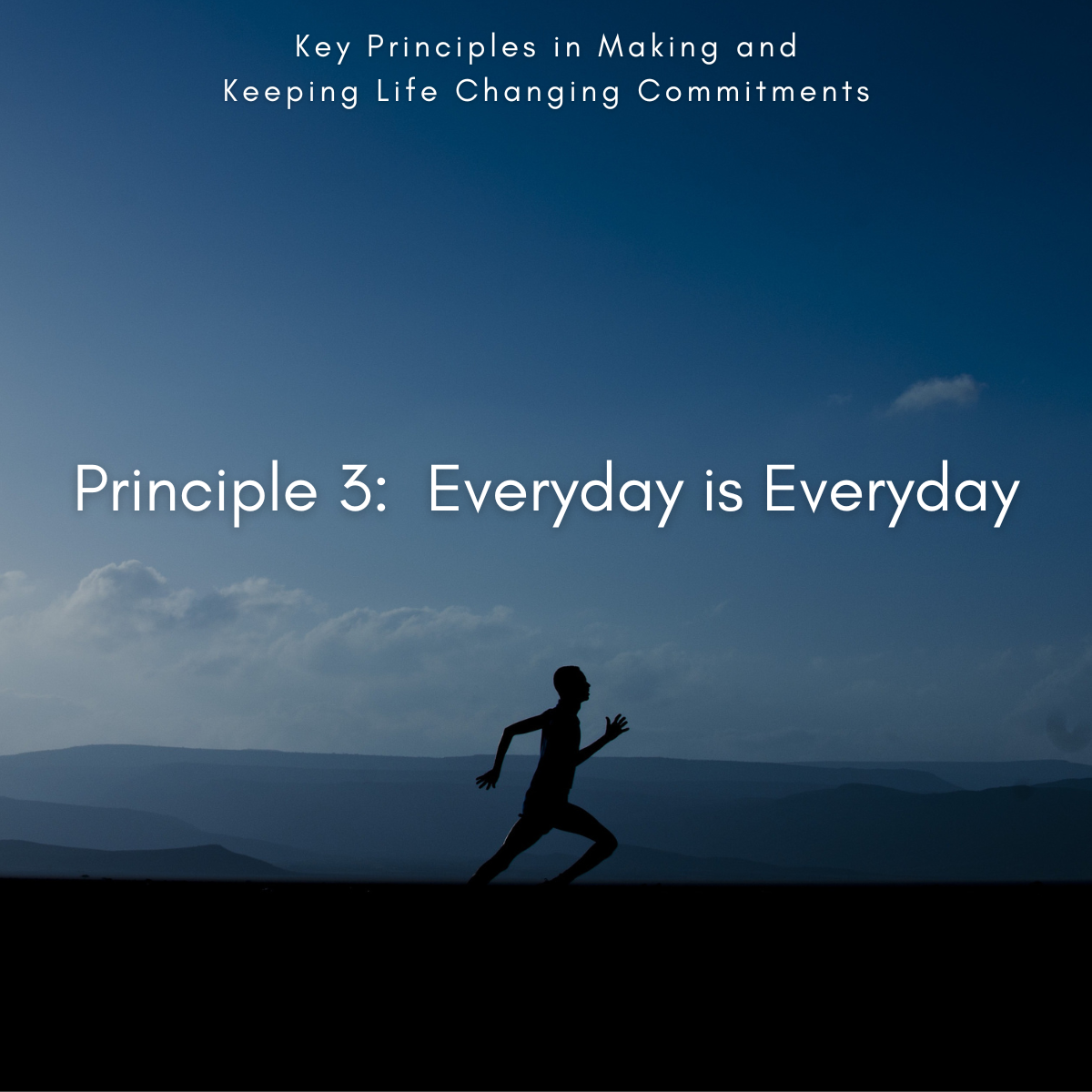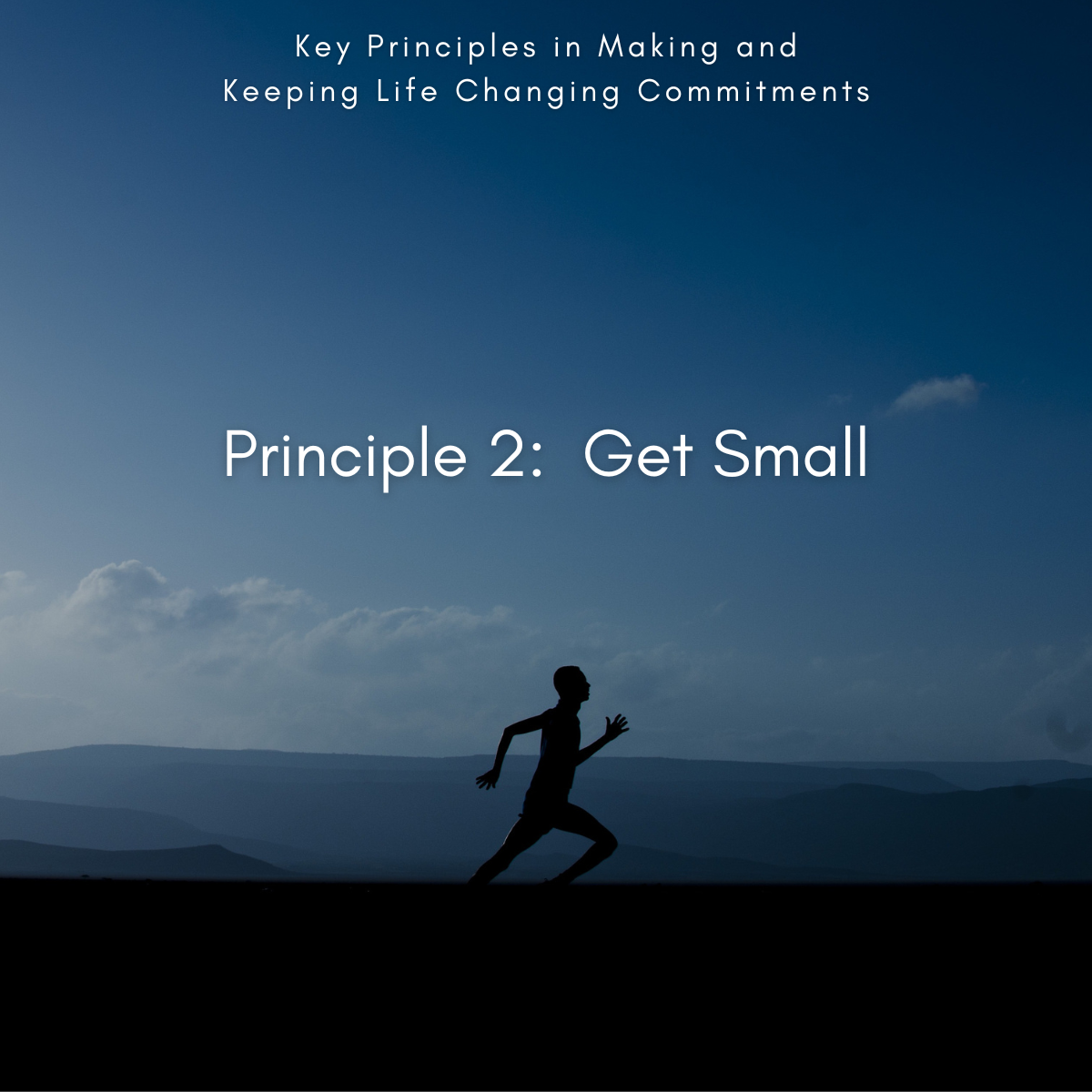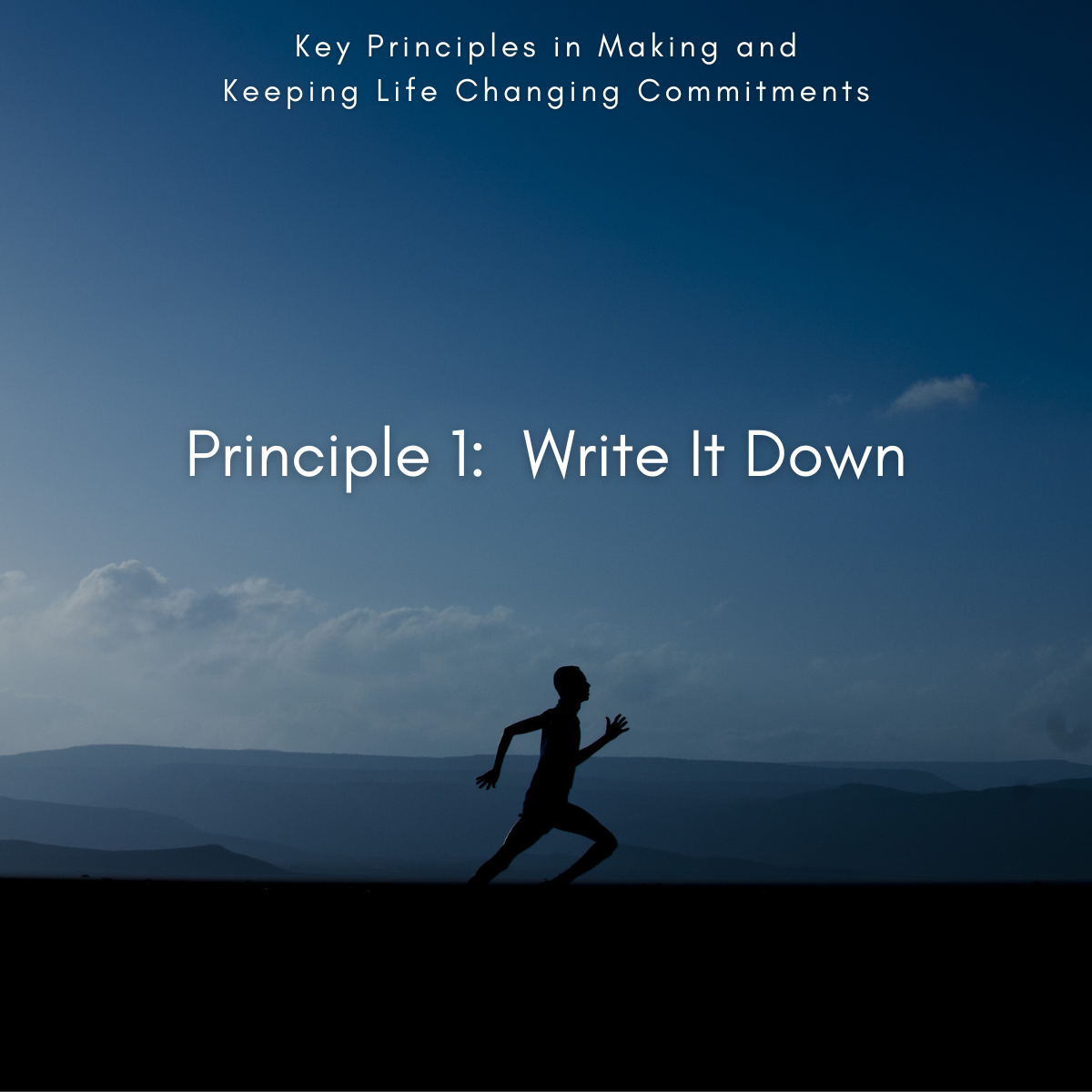To effectively elucidate this topic, utilizing an illustration proves most beneficial. Picture yourself serenely floating in a vast, square-shaped pool. Encompassing each side of this square is a formidable whirlpool, exerting a force that draws objects toward its swirling center. Should you inadvertently drift too close to any side, you’ll find yourself gradually ensnared by the whirlpool’s pull. Yet, as you navigate towards the pool’s center, an intriguing phenomenon occurs: you are simultaneously pulled in all four directions. Despite the presence of these four distinct forces, you reach a state of no net force acting upon you, thereby achieving remarkable stability. This state, where competing forces perfectly counterbalance each other, exemplifies equilibrium.
When an object seems motionless yet remains subject to distinct forces, this condition is known as static equilibrium. This is precisely your state while tranquilly floating at the center of the square pool. Now, envision assigning a unique label to each of the pool’s four sides. Designate the right side as “The World,” symbolizing societal demands or what others need most. The left side becomes “My Talents,” representing your skills or areas of expertise. The top is labeled “Love,” denoting your passions and interests. Lastly, the bottom is marked as “Money,” reflecting career and financial incentives. This scenario isn’t difficult to conceptualize: consider how each aspect exerts its pull on you continuously. They encompass societal expectations, personal aptitudes, heartfelt passions, and economic pursuits. This is the intricate quandary addressed in the Japanese philosophy of Ikigai. With this framework in mind, Ikigai can be understood as a state of equilibrium, where one finds a harmonious balance amidst these competing forces, aligning what the world needs, what you are good at, what you love, and what you can be paid for.
Are you truly at peace in this scenario? Not quite. You are in a state of static equilibrium, delicately balanced yet vulnerable to disruption. If any one of these forces begins to exert excessive influence, your equilibrium will be compromised. Consider the possibility of being drawn excessively towards what you love. In this case, you might revel in your activities but struggle to accumulate wealth or financial stability. Alternatively, if you’re swayed too far towards what you’re good at, you may find satisfaction in your proficiency yet feel redundant if your skills don’t align with societal needs.
On the other hand, if your focus is predominantly on what pays well, this pragmatic approach might assure material comfort but leave you feeling hollow and unfulfilled. If you lean excessively towards fulfilling societal expectations, you might enjoy transient excitement and approval, but this could lead to perpetual uncertainty and a tendency towards complacency.
The crux of the matter is the necessity to maintain equilibrium. It’s not a matter of reaching a static state and remaining there indefinitely. These forces will continually exert their influence throughout your life. Therefore, the challenge lies in continuously navigating these pulls to sustain a balanced and fulfilling existence.
Is there a solution, then, to sustain this state of equilibrium? This quest leads us to the concept of Ikigai. The harmonious balance between these forces can be achieved when you discover your purpose and raison d’être. Once you find this, maintaining balance becomes considerably easier, as you’re positioned to meet the demands of all these forces more equally. However, this is no simple feat. Sometimes, we may attempt to cater to several forces at once, inadvertently strengthening their collective pull. For instance, if you concentrate on fulfilling societal needs and what pays well, you’ll likely carve out a respectable vocation, but it may not resonate as your life’s purpose.
If your focus shifts to aligning what you love with the world’s needs, you embark on a true mission. Yet, such a mission might flounder due to a lack of proficiency or financial reward. Concentrating on what you’re skilled at and what ignites your fervor? Therein lies your passion. However, the challenge remains in monetizing it, as there’s no guarantee of societal interest or need.
The dilemma I encountered later in my career falls into the final category: focusing on what I’m good at and what pays. This is the realm of profession. It’s a path I’ve trodden for years, offering comfort but also a sense of emptiness. While one’s skills are utilized and compensated in a profession, it may not fulfill one’s deeper quest for purpose and fulfillment.
Indeed, discerning our true purpose – our raison d’être – is pivotal. An indicative sign that you’ve unearthed it is when your chosen path harmoniously satisfies each of these four forces: what the world needs, what you are good at, what you love, and what you can be paid for. Yet, even upon discovering this potential source of equilibrium, our journey doesn’t end there. It’s imperative to actively pursue it, maintain focus, and resist diversions that could pull us away from our center in the metaphorical pool.
This equilibrium is anything but static; rather, it’s a dynamic state, constantly fluctuating as the various forces in our lives ebb and flow in strength and influence. So, while this pursuit is by no means easy and far from a state of rest, its value is immeasurable. Once you identify this potential for equilibrium, it’s crucial to prioritize it above all else, making it the central pursuit of your life. This is a journey of continuous adaptation and balancing, but one that is thoroughly rewarding and profoundly fulfilling.




